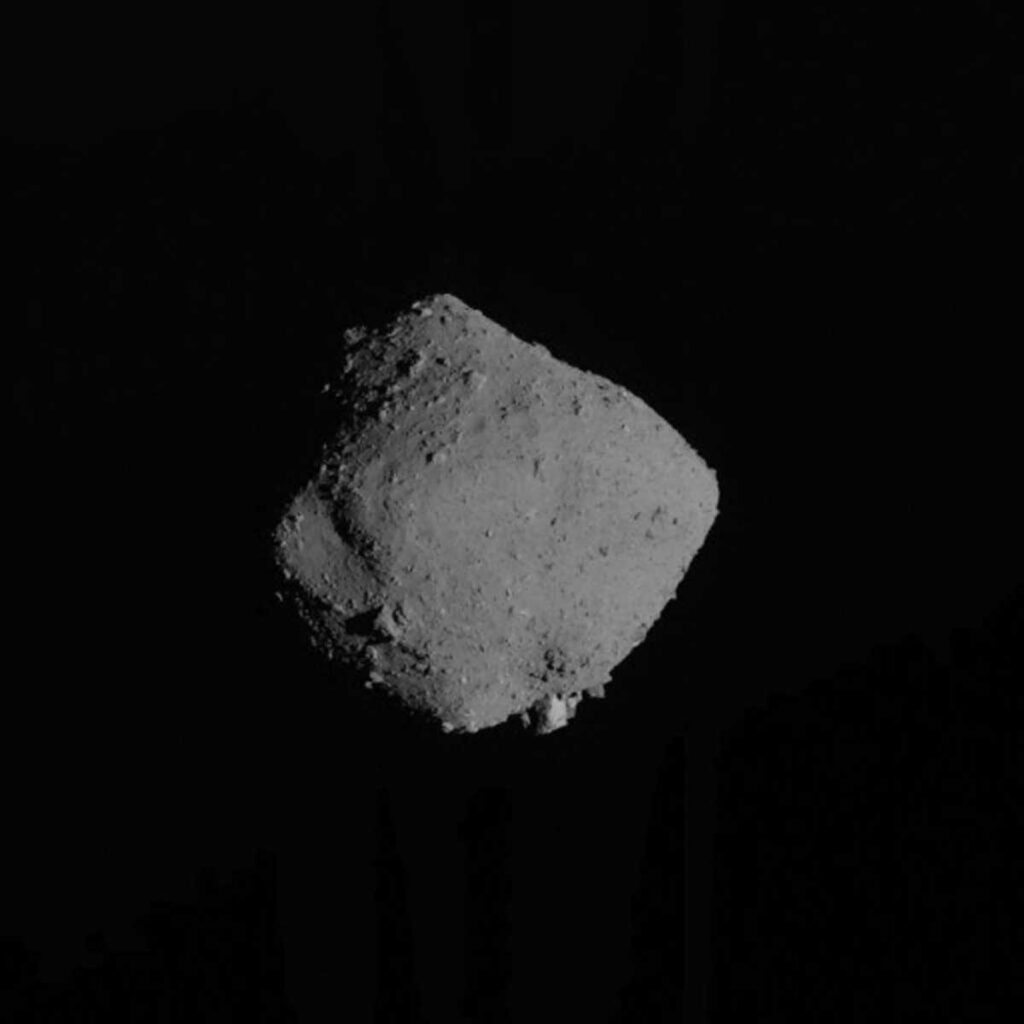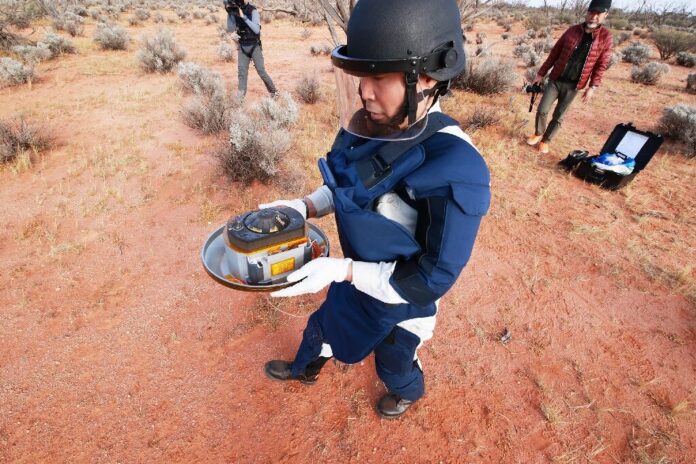Specks of dust recovered by a Japanese space probe from an asteroid 300 million kilometres from Earth have revealed an unexpected component: a drop of water, according to scientists on Friday.
The discovery lends credence to the theory that life on Earth originated in space.
The findings are published in the most recent research, which is based on an analysis of 5.4 grammes of rocks and dust collected by the Hayabusa-2 probe from the asteroid Ryugu.
“This drop of water has great meaning,” Tohoku University’s lead scientist Tomoki Nakamura told reporters ahead of the study’s publication in the journal Science on Friday.
“Many researchers believe that water was brought (from outer space), but we discovered water for the first time in Ryugu, an asteroid near Earth.”
Hayabusa-2 launched in 2014 on a mission to Ryugu and returned to Earth’s orbit two years later to drop off a capsule containing the sample.
The valuable cargo has already provided several insights, including organic material indicating that some of the building blocks of life on Earth, amino acids, may have formed in space.
According to the research published on Friday, the team discovered a drop of fluid in the Ryugu sample “which was carbonated water containing salt and organic matter,” according to Nakamura.

This supports Nakamura’s theory that asteroids like Ryugu, or their larger parent asteroid, could have “provided water, which contains salt and organic matter” in collisions with Earth.
“We discovered evidence that this (process) may have been directly related to, say, the origin of the oceans or organic matter on Earth.”
Nakamura’s team, which includes 30 researchers from the United States, the United Kingdom, France, Italy, and China, is one of the largest teams analysing the Ryugu sample.
The sample has been divided among various scientific teams in order to maximise the possibility of new discoveries.
Kensei Kobayashi, an astrobiology expert and emeritus professor at Yokohama National University who was not involved in the research, praised the discovery.
“The fact that water was discovered in the sample itself is surprising,” he told AFP, given its fragility and the possibility of it being destroyed in space. “It does imply that the asteroid contained water—in the form of fluid rather than ice—and that organic matter was possibly generated in that water.”

